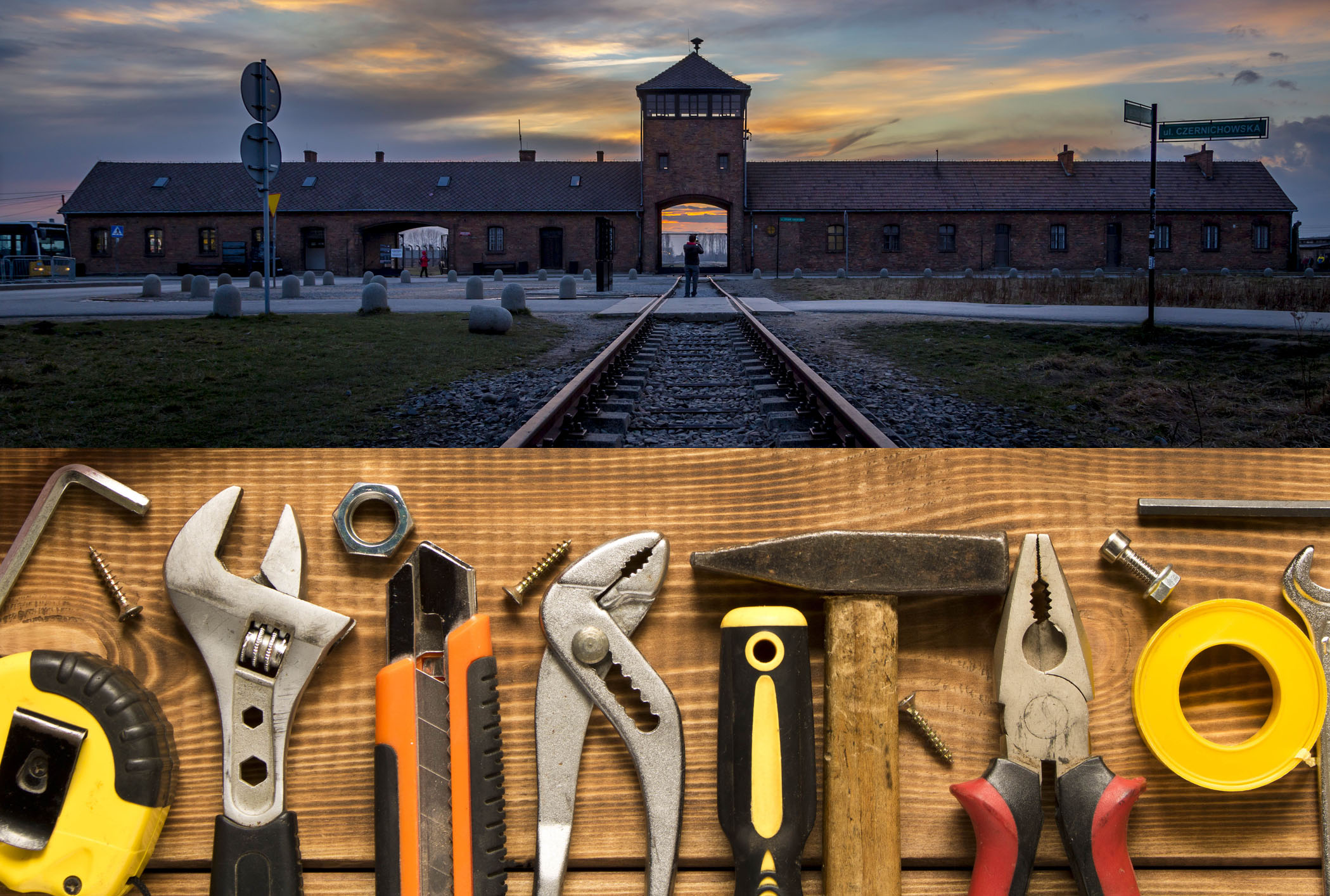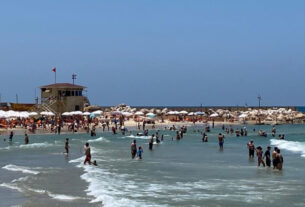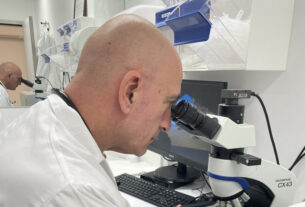One of the biggest missed opportunities for American Jewry over the past several decades has been in Holocaust education. We’ve focused so much on the Holocaust we’ve overlooked the aftermath.
Yes, it’s crucial for the world to know that six million Jews got murdered by a madman and his Nazi killing machine because they were Jews. We must never stop reminding the world so that it “never again” happens.
I get that.
But I also get something else: What happened after the Holocaust says a lot more about the Jews than what happened during the Holocaust.
The Jews were generally helpless and powerless during the Holocaust. After that singular nightmare, they could have wallowed in victimhood indefinitely and been paralyzed by the collective trauma.
The trauma may have lingered, but it didn’t paralyze. Instead, the Jews took responsibility for their fate and gained the success and influence that can’t happen without hard work.
With the birth of Israel, they went from the people of the book to the people of the hands and made a desert bloom, building a thriving and vibrant society that has led much of the world in innovation. Oh, and they did all that while defending themselves against enemies sworn to their destruction.
In America, after the Holocaust the Jews worked harder than ever, overcoming lingering antisemitism to build influence across all pillars of society, from cultural to academic to political.
Jews worked hard in Israel, and they worked hard in America. The point is, wherever Jews found themselves, they got to work.
As we prepare to commemorate Labor Day, a day that recognizes the value of work and the people who do the work, I’ve been thinking about that virtue in the context of the Jews. It’s hard to overstate how much hard work has been an integral part of the Jewish story.
So yes, let’s remember how Jews died during the Holocaust, but let’s also remember how Jews responded by getting down to work. They killed us because we were Jews, and we rebounded because we were Jews.
Let’s remember how Jews died during the Holocaust, but let’s also remember how Jews responded by getting down to work. They killed us because we were Jews, and we rebounded because we were Jews.
You can’t recount the tragedy without recounting the response. The response completes the story. It tells the world who the Jews really are. We’re not Auschwitz, we’re Tel Aviv.
Just as the March of the Living takes students from concentration camps to Israel, Holocaust museums, exhibits and classes would do well to include a section on “how the Jews bounced back.”
Indeed that may be the deepest lesson of the Holocaust we can share with the world: No matter what kind of nightmare may strike us, what defines us in the end is how we respond.
The Jews responded to the biggest calamity of their history with hard work that changed the world. That ought to be integral to our Holocaust education.
Happy Labor Day.




